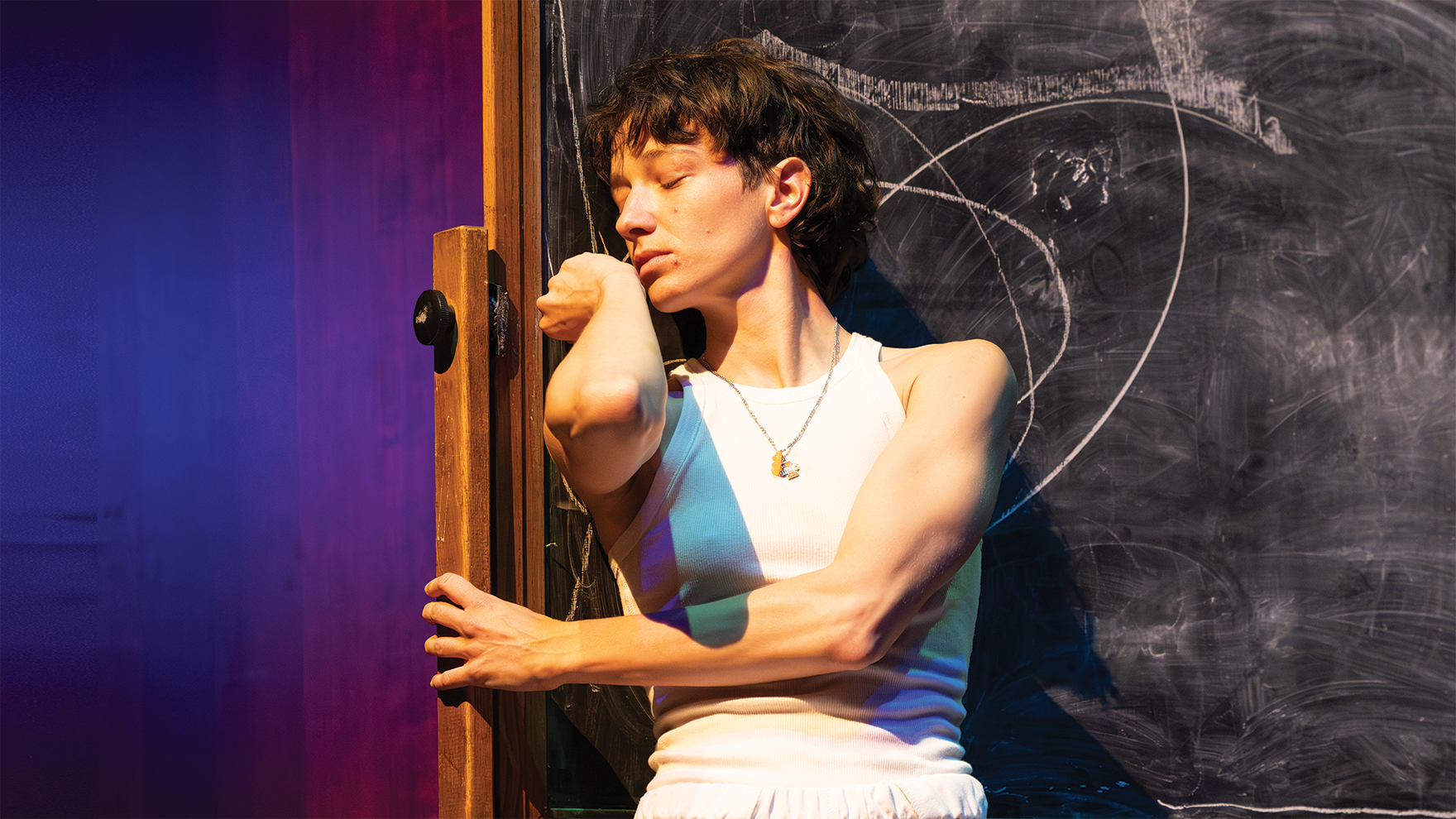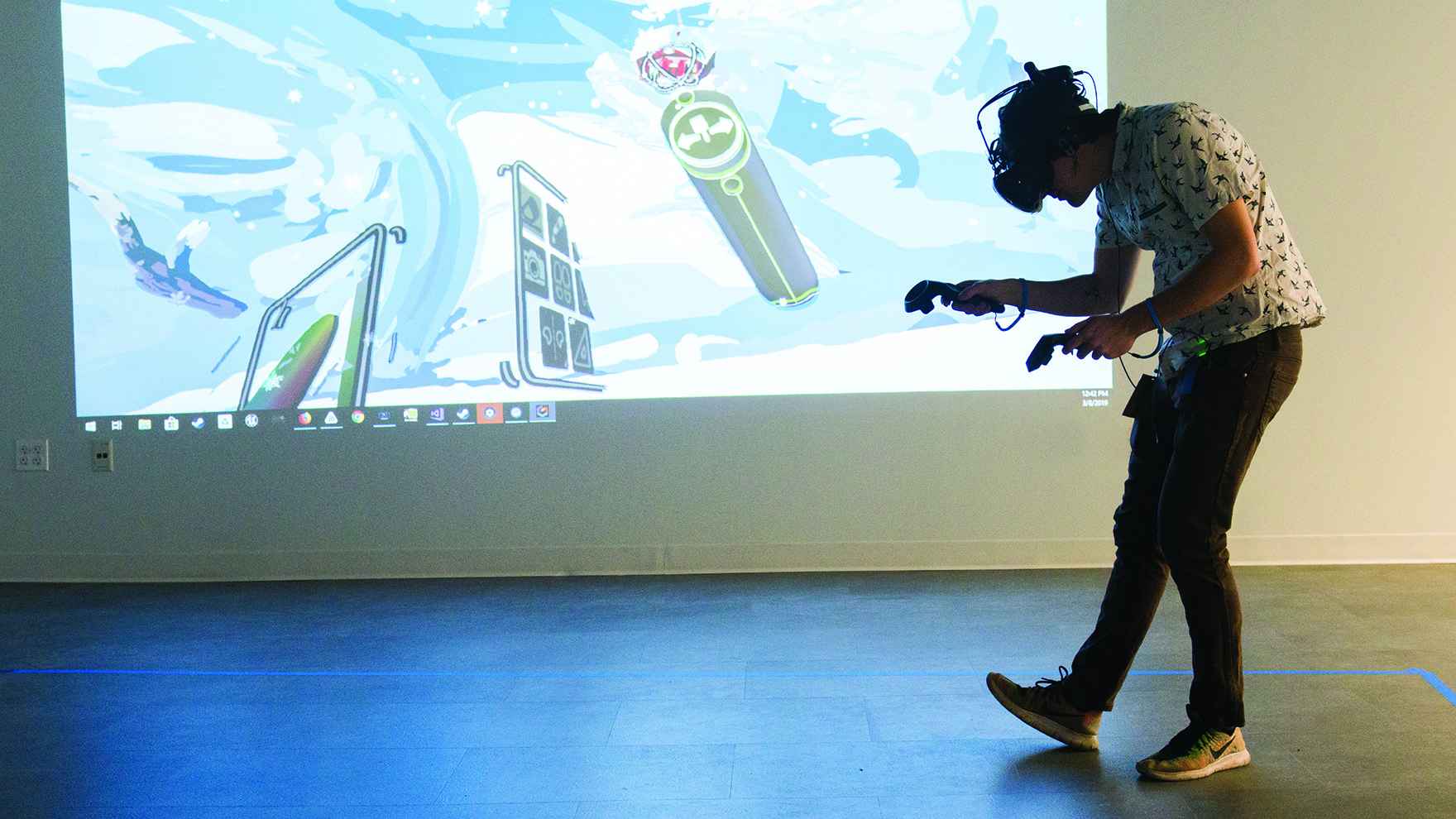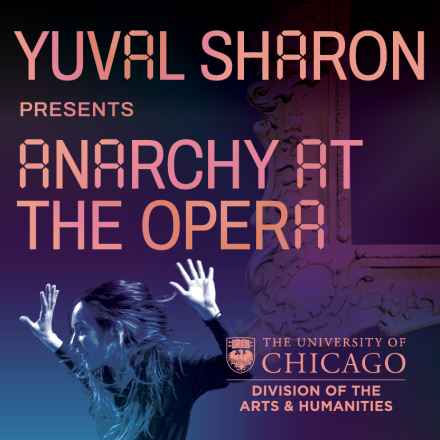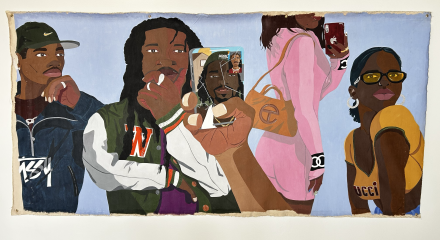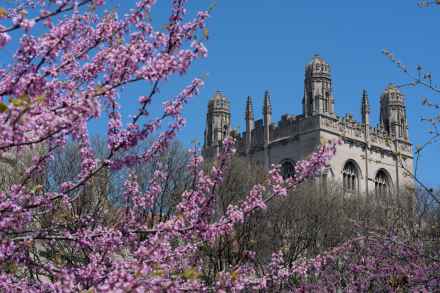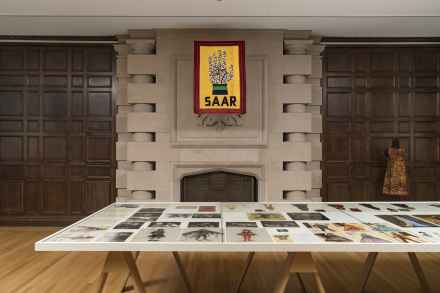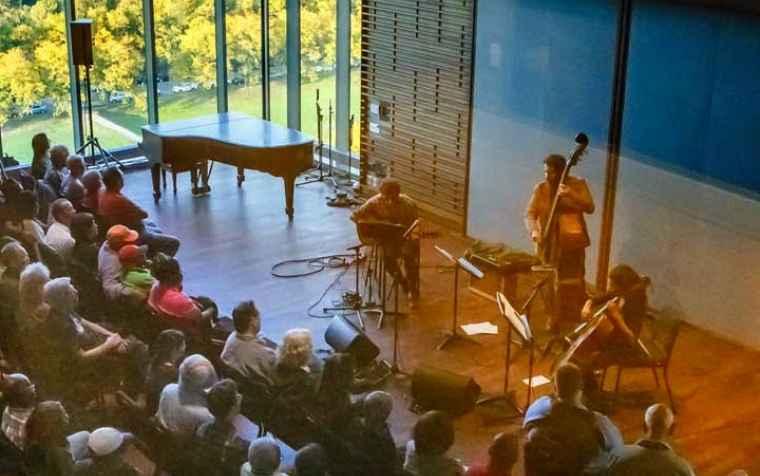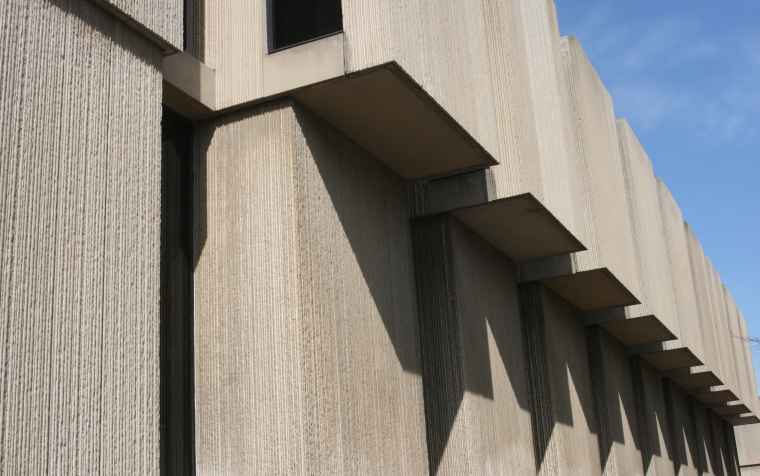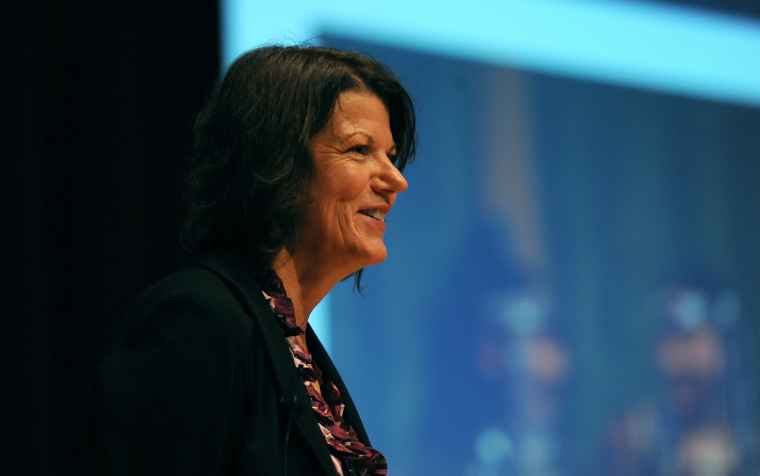Visionary Opera Director Yuval Sharon to Deliver Berlin Family Lectures
On May 6, 13, and 20, visionary opera director Yuval Sharon will present this year’s Randy L. and Melvin R. Berlin Family Lectures, produced by the Division of the Arts & Humanities at the University of Chicago. Sharon’s three lectures are titled “Anarchy at the Opera” and will explore reimagining opera not through modes of nostalgia or imitation, but through experimentation and collaboration. Sharon’s third and final lecture on May 20 will include a rare performance of John Cage’s Europera 5. The lectures and performance will be offered both for in-person and online attendance—at 6 p.m. CDT at the Logan Center for the Arts, and on Zoom.
UChicago Arts Co-Hosts EXPO CHICAGO’s South Side Night April 22, 2025
For the fifth consecutive year, UChicago Arts showcases arts excellence across the University of Chicago and throughout neighboring south side communities.
UChicago announces unified Division of the Arts & Humanities
The University of Chicago has announced the Division of the Humanities and UChicago Arts have been unified into the new Division of the Arts & Humanities.
In a message to the UChicago community on April 9, President Paul Alivisatos and Provost Katherine Baicker called the announcement “an important milestone in the University’s academic evolution.”
Neubauer Collegium Selects Faculty Research Projects for 2025–2026
The Neubauer Collegium has announced nine new faculty-led research projects exploring interdisciplinary topics such as (socio)linguistic theory, the evolving role of AI in the humanities, the opportunities and challenges of artistic research, among others. Sixteen faculty members from the Division of the Humanities will participate.
